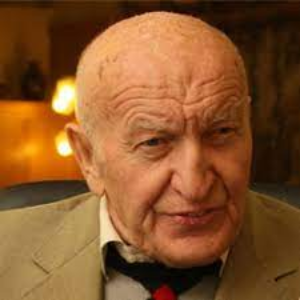Abstract:
When NSC-631570 has been used in clinic, it was observed that the patients treated with this drug tolerate the concomitant radiotherapy much better. The adverse effects of this aggressive treatment modality were significantly reduced to minimal. This gave reason to study radioprotective properties of NSC?631570 in the in vitro and in vivo tests. It was proven the radioprotective effect of NSC?631570 was far superior compared to such of its raw materials taken separately, both measured by survival of mice irradiated by different doses and by the protection coefficient. For example, at a dose of 5.25 Gy protection coefficient of NSC?631570 was 95.0 ± 4.6 vs 50.8 ± 4.6 in the control. These observations suggested that the radio protective effect of Ukrain differs significantly from such of its raw materials. The radioprotective effect of NSC?631570 was also studied and confirmed on in vitro models on the human skin firbroblasts HSF1 and HSF2 as well as lung fibroblasts CCD32?LU. As evaluation parameters were chosen cytotoxicity, apoptosis induction, cell cycle course, and the expression of TP53 and p21. Additionally, following malignant cell lines were used: MDA?MB?231 (human breast tumor), PA?TU?8902 (pancreas cancer), CCL?221 (colorectal cancer), and U?138MG (glioblastoma). The cytotoxicity of NSC?631570 was time? and dose dependent. The combination of NSC?631570 plus ionizing radiation (IR) enhanced toxicity in CCL?221 and U?138MG cells, but not in MDA?MB?231 and PATU?8902 cells. Most strikingly, a radioprotective effect was found in normal human skin and lung fibroblasts. Flow cytometry analyses supported differential and cell line?specific cytotoxicity of NSC?631570. CCL?221 and U?138MG cells accumulated in G2 after 24h treatment with NSC?631570, whereas no alterations were detected in the other tumor cells and normal fibroblasts tested. Differential effects of NSC?631570 in modulating radiation toxicity of human cancer cell lines and its protective effect in normal human fibroblasts suggest that this agent may be beneficial for clinical radiochemotherapy. 18th SEP.2018, Tuesday - 10:20 Oncology and Radiology 2nd International Conference on ICOR 2018 Page 49 September 17-19, 2018 Rome, Italy Speakers Day 1




